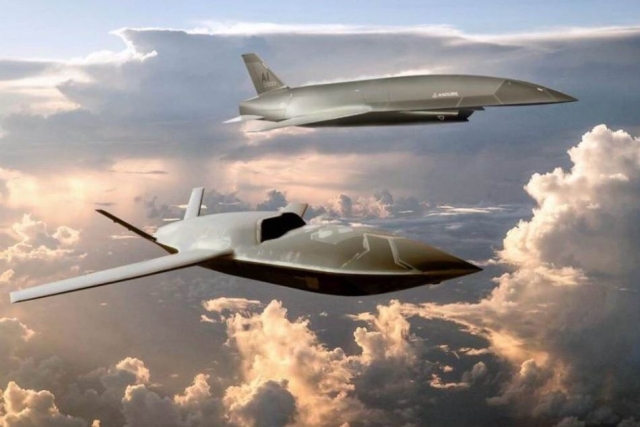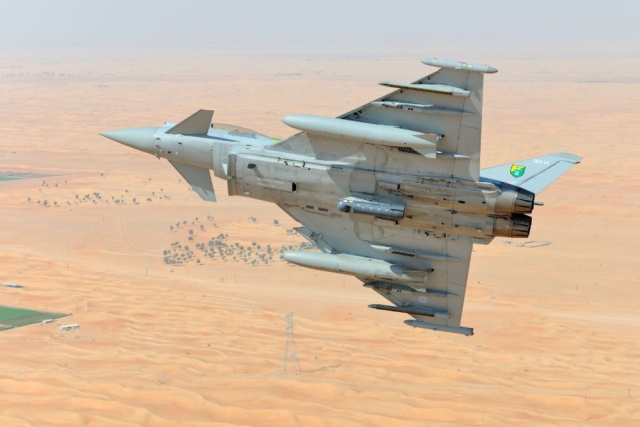Recession hits Pentagon procurement programmes

The US DoD may cut several major defence programmes worth $ 21.7 billion. The Pentagon has received a report on January 29 by the White House Office of Management and Budget (OMB) which includes recommendations for possible cuts and delays of 22 major procurement programmes in order to save $21.7 billion. The OMB asked for a five-year delay on the tanker programme, one of the most expensive programmes in the U.S. which could be worth up to $100 billion over the next two decades. Beside this, the report calls for canceling or delaying projects such as the airborne anti-missile laser built by Boeing or the Army's Future Combat System (FCS) programme in which Boeing also has the lead. The Marines' expeditionary fighting vehicle, built by General Dynamics, is also in consideration for being canceled. The report says that the most advanced version of Lockheed Martin’s VH-71 presidential helicopter programme, which is running two years behind schedule, is on the cancellation list. The OMB also proposes to cancel the “next generation” long-range bomber as well as additional purchases of the Javelin close combat/anti-armor weapon system built jointly by Raytheon and Lockheed Martin. According to the OMB, delaying additional purchases of the Stryker vehicle built by General Dynamics would save $1.31 billion in 2010, while delaying the Northrop Grumman built CVN-79 aircraft carrier would save $810 million next year. The budget office pointed out that the administration is now weighing a number of options. However, no final budget decisions have been made, Pentagon Deputy Comptroller Kevin Scheid said. "We take all of OMB's recommendations seriously, but it was a recommendation," he told reporters after speaking to the conference on Wednesday. The report comes as the Obama administration is considering which programmes to include in its 2010 defence spending request to be presented to Congress next month. The new administration is facing about $300 billion in cost overruns on 95 major weapons systems compared with initial estimates, the Washington Post reported. In September, 2008 the U.S. Department of Defense terminated the current tanker competition. Two competitors are bidding for this lucrative and highly prestigious programme: Boeing Co. and the team of Northrop Grumman and European Aeronautic Defence & Space Co. (EADS), the parent company of Airbus. According to the OMB report, the tanker delay would save $2.37 billion in fiscal year 2010 and $13.3 billion through 2014.









